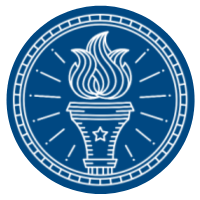What is a Developmental Disability?
The Developmental Disabilities Assistance and Bill of Rights Act of 2000 defines a developmental disability as a severe, chronic disability of an individual that:
- is attributable to a mental or physical impairment, or combination of mental and physical impairment;
- is manifested before the individual attains the age of 22;
- is likely to continue indefinitely;
- results in substantial functional limitations in three or more of the following areas of major life activity:
- self-care
- receptive and expressive language
- learning
- mobility
- self-direction
- capacity for independent living
- economic self-sufficiency; and
- reflects the individual's need for a combination and sequence of special, interdisciplinary, or generic care, treatment, or other services that are of lifelong or extended duration and are individually planned and coordinated.
It's important to note that the developmental disabilities community is incredibly diverse. People with developmental disabilities have a wide range of strengths, challenges, and lived experiences. They come from all racial, ethnic, and socioeconomic backgrounds. This is why the DD Act emphasizes the necessity of person-centered, culturally-competent services that are tailored to every person's unique needs and goals of each individual.
